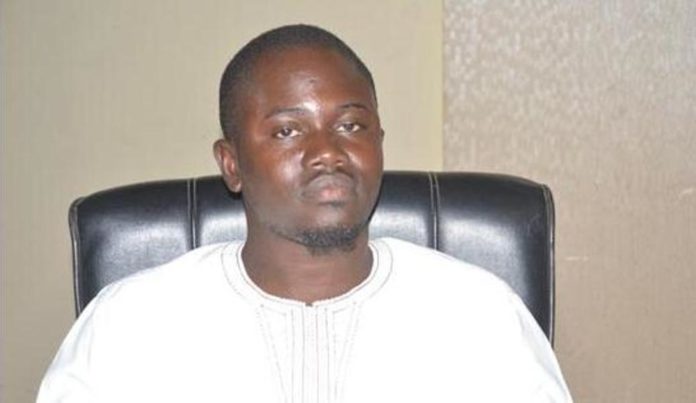By Yankuba Jallow
The Gambia Press Union (GPU) has told journalists that there would be no more NIA screening of journalist as a new policy to obtain State House Accreditation. This was confirmed by officials at the office of the Director of Press and Public Relations at the Office of the President.
This has come at a time when the entire media frowned at the new policy and called for a redress of the whole process. Journalists all over the country held a meeting with the GPU Executive on Saturday and issued a joint communiqué wherein they urged media practitioners not to go for screening.
A delegation of the Gambia Press Union (GPU), led by the President Sheriff Bojang Jr, Monday morning held a meeting with the Director of Press and Public Relations (DPPR) at the State House on the new press accreditation policy. The meeting was convened following the Union’s disagreement with the decision of the office of the DPPR demanding that journalists to undergo security screening by the state security agents before they could join the state house press corps. The measure (the screening of journalists) was to come into effect on Monday, 1st April.
According a press release issued by GPU, at the meeting this morning, DPPR Amie Bojang-Sissosho said following a discussion with the GPU President and Secretary General and consultation with her State House colleagues, her office came to the conclusion that the screening of journalists by NIA would not go ahead.
She conversely said the NIA screening requirement has been misconstrued as a restriction and an intimidation of the press.
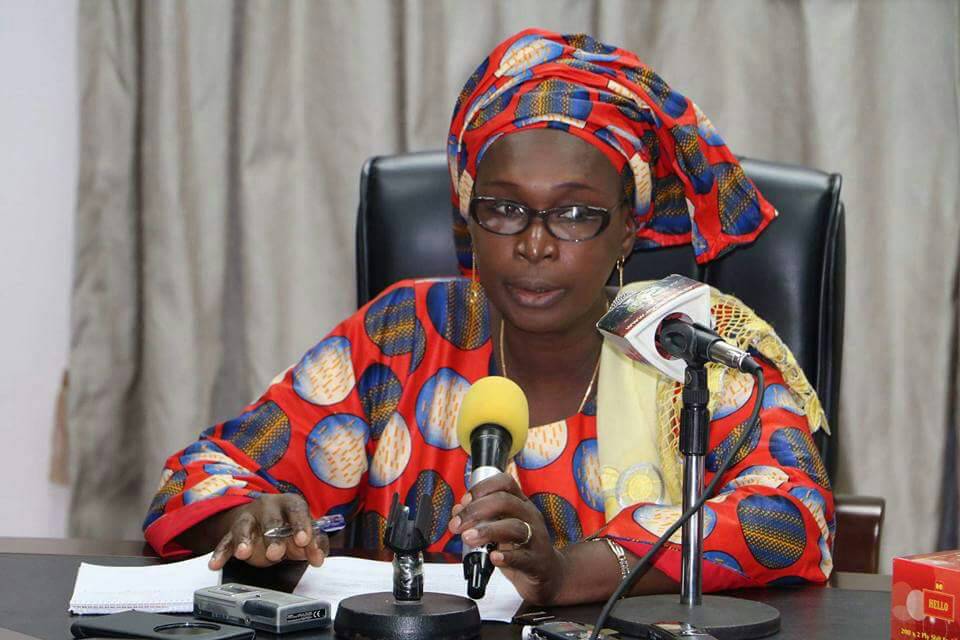
“The policy was developed with goodwill and its only objective was to get to know the people covering the presidency because it is a sensitive office,” she is quoted as saying.
Reacting to the latest development, Sheriff Bojang Jr. said “it’s in the interest of both parties that the plan to screen journalists in this manner is abandoned,” adding that “subjecting us to appear before a panel of NIA agents would have been a very bad idea.”
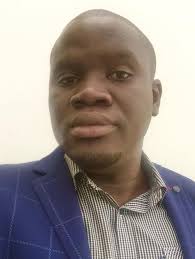
Mr Bojang said the GPU is cognizant of the strives by the Office of the DPPR in recent years in facilitating the work of the press on matters of coverage of events involving the presidency.
He also acknowledged the ongoing efforts by the government in working closely with the media towards improving the relationship between the government and the media.
“The move by state house to drop the plan is a victory for press freedom, for democracy and the collective will of people to say no,” Bojang told Foroyaa.
Samuel Sarr, the Chairperson of the Newspaper Publishers’ Association (NEPA) said: “I am made to understand that this position has changed and we welcome that position. It means that reason has prevailed. We look forward to greater cooperation between the office of the DPPR and NEPA in particular and the media at large. There is no need for animosity between the State House and the media. They have a role to play and we have a role to play as well because our role is to hold the government accountable to the people. Measures similar to the measure taken before are measures that undermine press freedom and therefore, it did not actually succeed because the entire media stood firm to ensure that freedom of the media is maintained.”
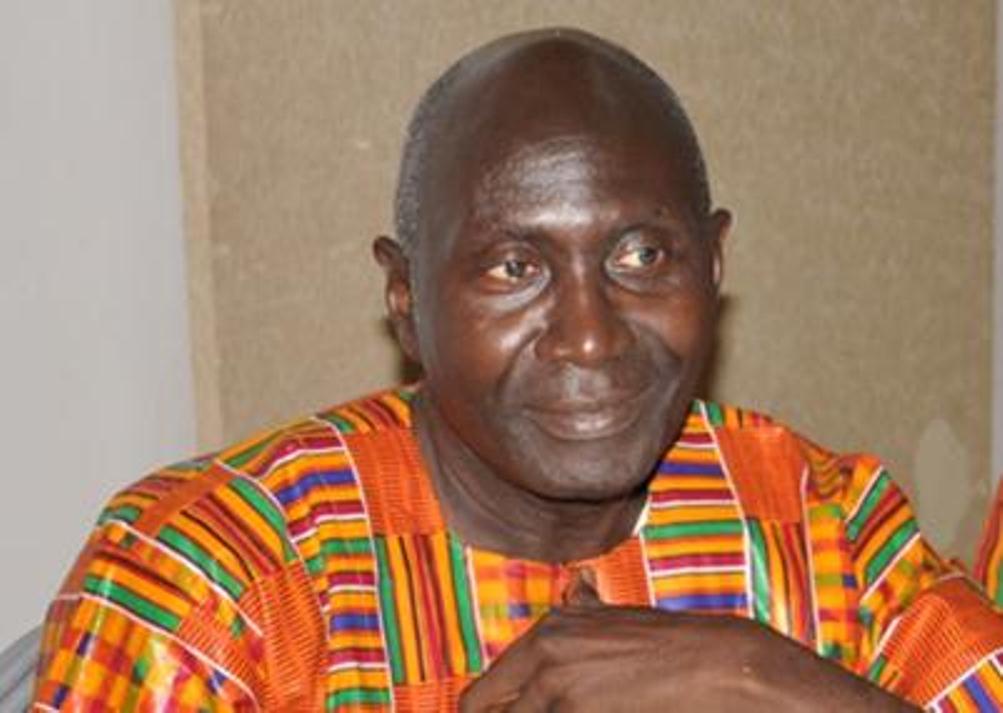
Amadou Jallow, an editor for The Point Newspaper who was a State House correspondent for the Daily Observer Newspaper for 7 years said this implies that the office of the DPPR respects the opinion of journalists.
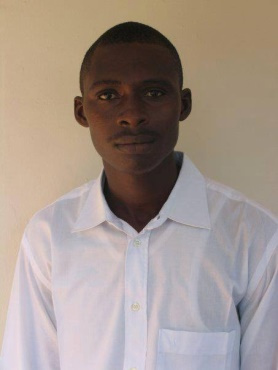
“Journalists condemnation of the screening decision was not just a mere rant but a concern that may paint a red line in the work and lead to the repetition of some of the unfair treatment journalists were subjected to during the last regime. “Why is it called screening when those journalists who applied for the accreditation are never under any suspicion?” This is just the beginning and journalists will condemn any act by the authorities that is viewed to be detrimental to their work,” Jallow said.
He congratulated the office of the DPPR for listening to the concerns of Gambian journalists and the GPU for standing by the journalists for their welfare.
Muhammed S. Bah, an assistant editor of Foroyaa Newspaper said he believes that this was great move for GPU.
“It is also a lesson for the media fraternity that when we are united no government or politician can move us. I will commend the office of the DPPR for creating a window of dialogue with the media, and am hoping that this kind of request from the media will not repeat itself,” he stressed.
Sang Mendy, the Director of the Media Academy for Journalism and Communication on his part said: “I commend the office of the DPPR for reversing their infamous decision to screen want-to-become State House reporters.
I will also commend the GPU for continuously engaging the office of the DPPR. It shows that when we discuss issues; we reach a common ground. Gambians must not forget so easily that we are emerging from two decades of dictatorship, a period journalists were tortured, jailed and sent on exile, so the government of the day that promised us an improved environment for the protection of human rights and press freedom should have known better.
Kebba Jeffang, a correspondent for the Chronicles Newspaper at the State House said: “This is what is expected of our colleagues at State House. The Director of Press and Public Relations Amie Bojang-Sissoho might have taken this with a good-will motive but the repercussions attached are harmful to us journalists who cover the presidency. To her, this is a good security measure but in general view, it is a bad one. Take for instance, that the position she holds today is changeable but the policy stays. And what if the new occupant is anti-press and decided to unleash his or her ego towards the journalists hiding behind this policy? It’s won’t be good and it has all potentials to send us back to those dark days which the NIA heavily consolidated.
Secondly, if security services like the NIA is to screen and take from us such deep-level personal data, how insecure are we? That means we will always be having at the back of our minds that they (security) have our data and they could do anything to us if we behave in certain ways even legally. We have submitted out background information including out national identification documents and that is enough. Subjecting us to interrogation is a non-starter. But I think having them listened to us has shown that they care about us and we hope they avoid taking such steps in the future.”
Meanwhile, the GPU has called on journalists who applied for State House accreditation to go to the State House Communications Unit to duly complete their accreditation processes and collect their cards.















